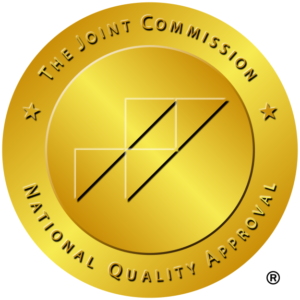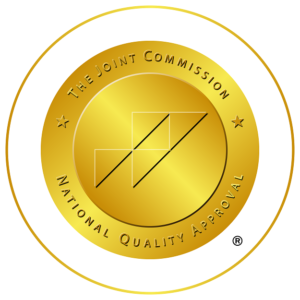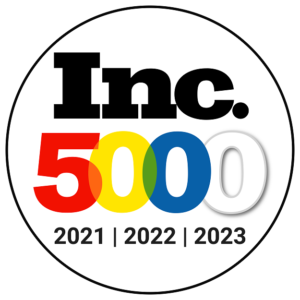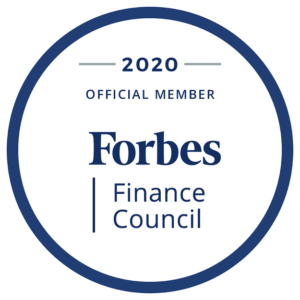Challenges Facing Recruiters in 2021
Even in perfect circumstances, recruiters face a variety of obstacles. It can be a challenging job, whether it’s dealing with elusive candidates, irritable hiring managers, or fruitless sourcing campaigns. When you add in a global pandemic and an economic downturn, daily annoyances become almost routine. These one-of-a-kind conditions have thrown up a whole new host of problems.
Working from home
As the COVID crisis drags on, there is still no clear indication of when things will return to normal. Recruiters, like many other industries, have returned to the relative comfort of working from home. Although this provides some relief, it also raises a range of strategic concerns. For everyone in the recruiting industry, staying active and linked is critical. As a result, the technological leap needed to close this gap has been enormous.
When face-to-face meetings are no longer an option, smart recruiters turn to software and resources. The modern recruiter must lean into these for performance, from video interviewing and online tests to intuitive ATS and interactive tools like Microsoft Teams and Slack. However, there is some good news: when used properly, technology can cut a recruiter’s time-to-hire by half.
Keeping the candidate experience optimistic
The importance of a good applicant experience cannot be overstated. This is something that any recruiter is aware of. But, in a world where everything is interactive, how can you be sure? According to LinkedIn, nearly 46% of hiring managers claim the outbreak has had a negative impact on candidate experience. Ironically, the best practices that worked before the pandemic are still effective now! All you have to do is be more aware of a candidate’s progress at each point.
Potential employees value transparency and guarantees now more than ever. Ensure that the outreach is timely and effective. Provide them with all of the information they need for interviews and evaluations. If there are some technical issues, have a backup plan in place. Also, be compassionate. Even top talent finds it difficult to change jobs in these difficult times.
Diversity, equity, and inclusion are all important factors to consider
Companies are starting to recognize the importance of diversity and inclusion. There are waves of progress, but they need everyone’s buy-in. Every recruiter should do better, whether it’s implicit prejudices creeping into screening calls, discriminatory work listings, or a lack of knowledge about how to hire more diversely. Starting with training can be a good place to start. Emonics has a large library of DEI best practices material to help the company get up to speed.
Employer or employee market?
We don’t usually use cliches, but all are very unprecedented right now. When a recession strikes, a recruiter’s strategies tend to become more aggressive. Employers have the upper hand when it comes to bargaining leverage because there are fewer positions available. But there’s something new at work right now. Unemployment and work vacancies are both rising.
The waters have become muddy as a result of some businesses rebounding faster than anticipated, vacancies increasing in positions that might be considered risky in the current economy, and migration out of high-employment areas. Some sectors, such as tourism and transportation, have been severely impacted, while others, such as eCommerce and healthcare, are thriving. So, how does a recruiter deal with all of this change? Calibrate the plan and consider COVID, but bringing in the best people will make recovery a little easier.
Conclusion
Don’t forget that the latest recruiting problems of the past year brought with them a slew of benefits. Staff members’ digital literacy is increasing, as are their online networking skills. People also discovered new ways of coping and gained new skills in the process.

